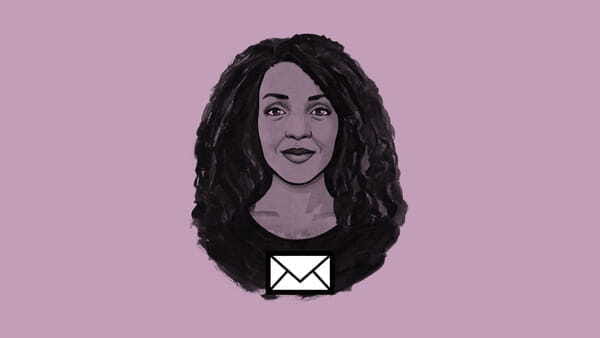Hi,
The year is drawing to a close and the confidence with which we welcomed it seems grotesque to me now.
2020 has not just been about the pandemic. It has been about how all our social and economic arrangements were challenged and found to be wanting, optimised for a kind of stability that we all assume is guaranteed.
As healthcare systems and entire industries collapsed over the past nine months, I kept thinking about an absurd parallel.
Every summer in the UK, there are a few days of unbearable, sometimes lethal heat. Every summer, by the end of the annual heatwave, I think, this is it, I am buying an AC and installing it. Every year, as the heat recedes, I change my mind and convince myself that for the cost, I would be getting such little use out of it that it would be a waste of money. Come next year, every year, I regret it.
That is a little bit similar to how we design our lives and political systems, by optimising them for the mean, for the periods and events that are statistically most likely, and most durable. The next too hot summer is too short, too in the future, too inconsistent a probability that it makes no sense to spend money on designing systems to ameliorate its effects. Except this time the scorcher not only came, it lasted all year.
The result was precarity. Of income, of health outcomes, of friendships, relationships and family ties. More than anything, I am gripped with a sense now of the fragility of the practical and emotional structures that I thought undergirded life.
When I was at university in Egypt, I remember an American professor telling us that even though the United States looked affluent to the outside world, many people were living from paycheck to paycheck, servicing large loans on their properties, cars, and holidays, one step away from financial calamity. Being from an economy that had no conception of debt at all, this seemed to me an unhinged (never mind stressful) way to live.
I see it now, this impulse to lever up, maximise low interest loans, stretch oneself to the absolute maximum. Because it takes too long to save, you’re not paid enough anyway to dream of ever achieving financial security, and you are bombarded with lifestyle marketing.
It has all come crashing down.
The distance between the tense stability that we entered 2020 in, and the abyss that we didn’t think we would fall into unless a large global event happened, has shortened. Suddenly things that were ticking along come into question: can I keep a roof over my head? Can I pay the electricity bill?
But the distance between each other has also shortened, in the sense that we are all somehow, or most of us at least, aware of how thin the buffers are between us and an unthinkable financial or mental health breakdown. It’s not a lesson I will have to work at remembering once this is all over.
 Would you like this newsletter straight in your inbox?
Sign up to the newsletter and stay up to date with the Better Politics beat.
Would you like this newsletter straight in your inbox?
Sign up to the newsletter and stay up to date with the Better Politics beat.

